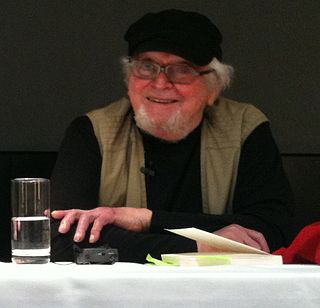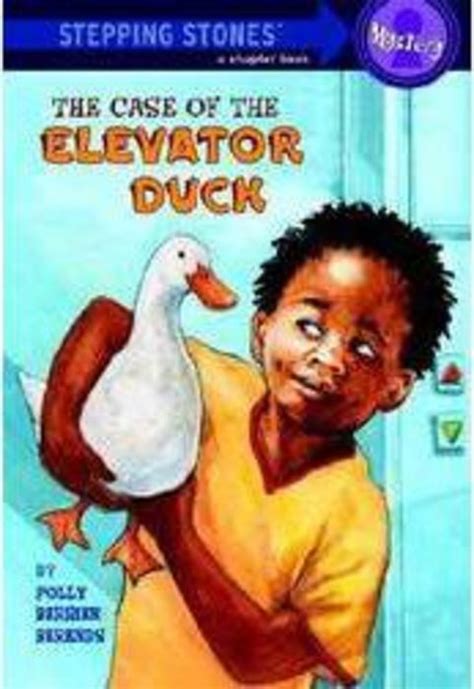A Quote by Jane Fonda
I don't think there's anything more important than making peace before it's too late. And it almost always falls to the child to try to move toward the parent.
Related Quotes
Too-lateness, I realized, has nothing to do with age. It’s a relation of self to the moment. Or not, depending on the person and the moment. Perhaps there even comes a time when it’s no longer too late for anything. Perhaps, even, most times are too early for most things, and most of life has to go by before it’s time for almost anything and too late for almost nothing. Nothing to lose, the present moment to gain, the integration with long-delayed Now.
We live, understandably enough, with the sense of urgency; our clock, like Baudelaire's, has had the hands removed and bears the legend, "It is later than you think." But with us it is always a little too late for mind, yet never too late for honest stupidity; always a little too late for understanding, never too late for righteous, bewildered wrath; always too late for thought, never too late for naïve moralizing. We seem to like to condemn our finest but not our worst qualities by pitting them against the exigency of time.
I don't always know what's going to go on in terms of the mood of the story. Sometimes I start with the mood, but sometimes I just try to work toward discovering it. But I do think often there's a mood or unsettling quality, in which the reality of the world seems to be taken away, that I really love, and it's something that I almost always unconsciously move toward.
I love you," I say. I said that once, before I went to Erudite headquarters, but he was asleep then. I don't know why I didn't say it when he could hear it. Maybe I was afraid to trust him with something so personal as my devotion. Or afraid that I did not know what it was to love someone. But now I think the scary thing was not saying it before it was too late. Not saying it before it was almost too late for me.
When you've been brought up in variety, I think timing is always important in your life. If I'm ever late for anything, whether it's personal or business, I always apologise. 'I'm sorry I'm late,' and all that. And if somebody is late meeting me, I expect them to say 'I'm sorry I'm late.' It's just, shall we say, showbiz etiquette of my day.
Without a sense of the shame or guilt of his or her action, the child will only be hardened in rebellion by physical punishment. Shame (and praise) help the child to internalize the parent's judgment. It impresses upon the child that the parent is not only more powerful but also right. Like the Puritans, Locke (in 1690), wanted the child to adopt the parent's moral position, rather than simply bow to superior strength or social pressure.
I thought that if the right time gets missed, if one has refused or been refused something for too long, it's too late, even if it is finally tackled with energy and received with joy. Or is there no such thing as "too late"? Is there only "late," and is "late" always better than "never"? I don't know.
Did you ever notice, when you are sitting at a red light, that when the person in front of you pulls up a couple of inches, you are compelled to move up too? Do we really think we are making progress toward our destination? "Whew, I thought we would be late, but now that I am nine inches closer, I can stop for coffee and a danish!"




































